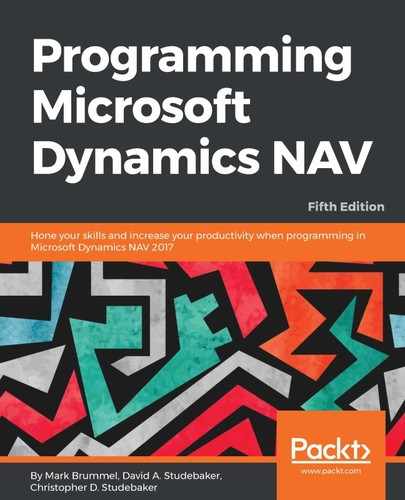XMLports are a tool for importing and exporting data. XMLports handle both XML structured data and other external text data formats. XML (eXtensible Markup Language) is the de facto standard for exchanging data between dissimilar systems. For example, XMLports could be used to communicate between our NAV ERP system and our accounting firm's financial analysis and tax preparation system.
XML is designed to be extensible, which means that we can create or extend the definition as long as we communicate the defined XML format to our correspondents. There is a standard set of syntax rules to which XML formats must conform. A lot of new software uses XML. For example, the new versions of Microsoft Office are quite XML friendly. All web services communications are in the form of an exchange of XML structured data.
The non-XML text data files handled by XMLports fall into two categories. One is known as comma-separated value or comma-delimited files (usually having a .csv file extension). Of course, the delimiters don't have to be commas. The other category is fixed format, in which the length and relative position of each field is pre-defined.
XMLports can contain C/AL logic for any type of appropriate data manipulation, either when importing or exporting. Functions such as editing, validating, combining, filtering, and so on can be applied to the data as it passes through an XMLport.
